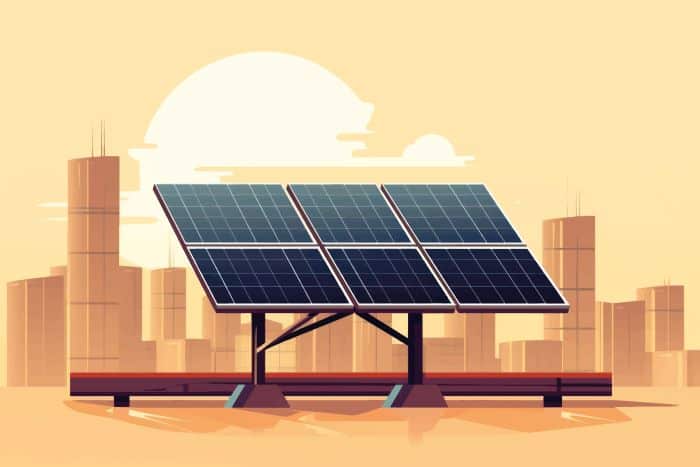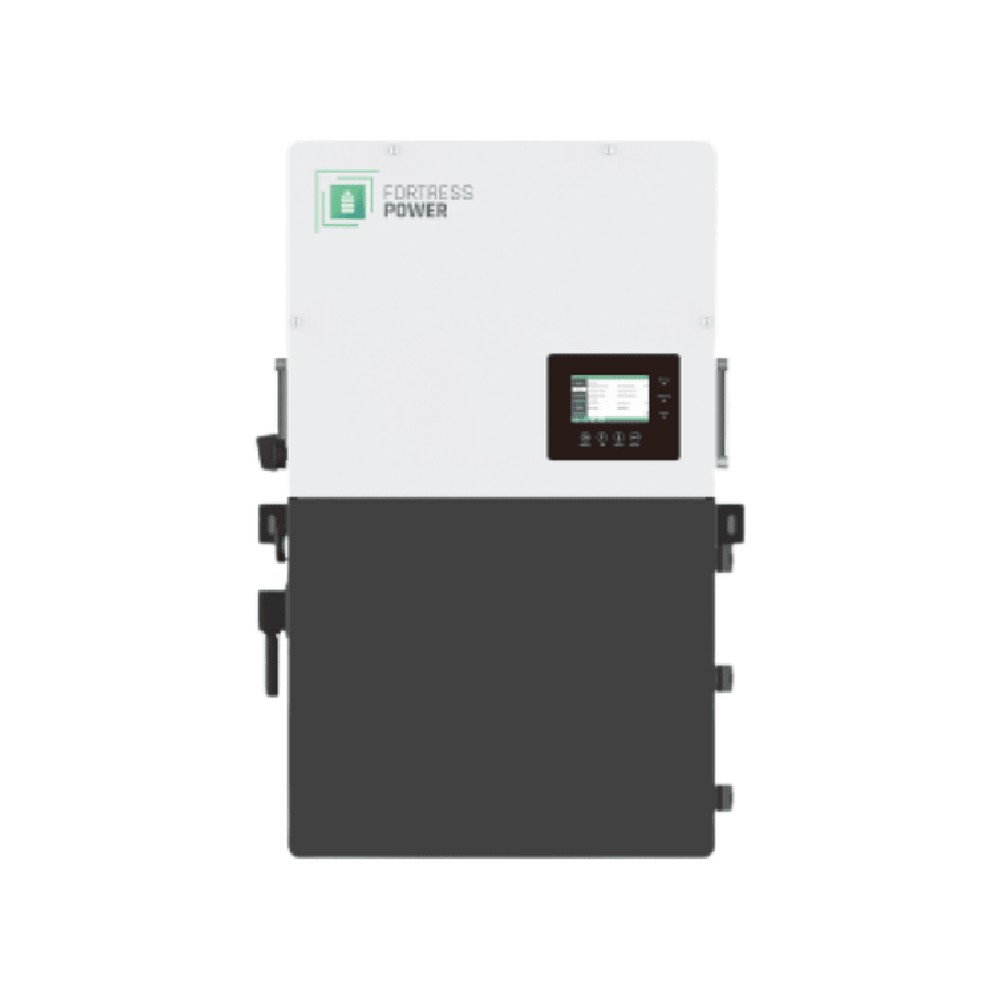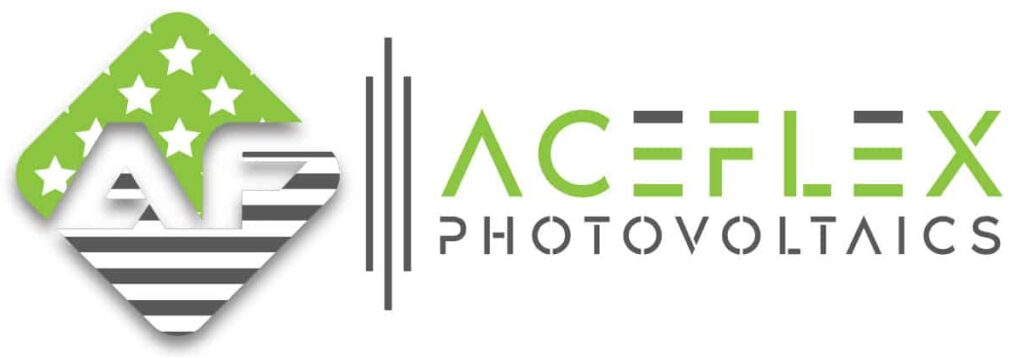📦 Fast Delivery – Order Now!
💸 Shop Safely – 100% Money-Back Guarantee
👨🔧 Lifetime Customer Support
📦 Fast Delivery – Order Now!
💸 Shop Safely – 100% Money-Back Guarantee
👨🔧 Lifetime Customer Support
A photovoltaic solar power plant offers many advantages, and yet many people underestimate its potential. It generates clean electricity, and you reduce your energy bills at the same time. The sun provides energy for free, and therefore investing in solar power is worthwhile. Moreover, using solar energy helps the environment, and you actively contribute to fighting climate change.

A photovoltaic solar power plant converts sunlight directly into electricity, and it uses solar panels and inverters to do so. The panels capture sunlight, and the inverter turns direct current into usable alternating current. This way, households and businesses can use their own electricity, and they become less dependent on the public grid.
Excess energy can also be fed back into the grid, and this creates an additional source of income.
A solar power plant has several components, and each plays a vital role. The solar panels produce electricity, and they determine the overall efficiency of the system. The inverter converts electricity, and it ensures that energy can be used immediately or sent to the grid. Additionally, an energy storage system is useful, and it stores surplus energy for nights or cloudy days.

✅ 12 kW power for reliable energy supply
✅ Hybrid technology for battery storage integration
✅ Smart energy management
Efficiency depends on multiple factors, and it varies with the type of panel, orientation, and location. Monocrystalline panels usually deliver higher output, and they save space, while polycrystalline panels are cheaper and still perform well. Sunlight hours, shading, and temperature also affect energy production, and therefore proper installation is crucial.
Investing in a photovoltaic solar power plant reduces electricity bills, and it offers long-term savings. You can also benefit from government incentives, and they make the investment more attractive. Furthermore, selling excess electricity creates an additional income stream, and this increases the return on investment.

Solar power plants require minimal maintenance, and regular checks ensure optimal performance. Cleaning the panels improves efficiency, and monitoring the system helps detect issues early. Most inverters and panels come with long warranties, and therefore your investment remains protected for decades.
You can maximize self-consumption by pairing the system with an energy storage unit, and this reduces grid dependency. Smart energy management systems also help, and they optimize when and how electricity is used. Additionally, combining solar power with energy-efficient appliances improves overall savings, and it makes your home or business more sustainable.

A photovoltaic solar power plant offers both environmental and financial benefits, and it is a long-term investment worth considering. It produces clean energy, reduces costs, and creates new revenue streams. By understanding how it works, maintaining it properly, and using smart management, you can fully benefit from solar power.
AceFlex.us can guide you through every step, and they provide tailored solutions to ensure the best performance and return on your investment.

A solar photovoltaic power plant uses thousands of PV panels to convert sunlight into electricity on a large scale. It feeds this electricity into the grid so homes and businesses can use it.
Solar power is the general term for energy from the sun, while photovoltaic specifically means turning sunlight into electricity. Photovoltaic is one way to harness solar power, but it’s not the only one.
Photovoltaic solar power works when sunlight hits semiconductor materials in the panels, releasing electrons and creating an electric current. This current is then converted into usable electricity for your home or the grid.
PV isn’t “better” than solar because it is solar—it’s just the electricity-producing part. However, PV can be more versatile than solar thermal since it can power almost anything electrical.
The biggest disadvantage is the high upfront cost, and this can be a barrier for some people. Yet incentives and lower equipment prices have made PV more affordable than ever.
No, not all solar panels are photovoltaic because some are made only for heating water or air. Still, most residential and commercial panels today use PV technology.
Photovoltaic panels produce DC electricity directly from sunlight. You use an inverter to convert this DC into AC so you can use it with standard appliances.
Most solar panels last 25 to 30 years, and many keep producing energy even longer. Their power output just slowly decreases over time.
The three main types are monocrystalline, polycrystalline, and thin-film. Each has its own balance of cost, efficiency, and durability.
A photovoltaic cell is also called a solar cell. Both terms describe the same device that turns sunlight into electricity.
Monocrystalline panels are generally considered the best because they offer the highest efficiency and longest lifespan. They’re especially valuable when roof space is limited.
Thin-film panels are usually the least efficient, although they can be lighter and more flexible. They work well in special applications where weight or shape is a concern.
There are alternatives like wind, hydro, or geothermal energy, but each has its own limitations. Solar remains one of the most accessible and scalable renewable sources.
No, there are no 100% efficient solar panels because physics limits how much sunlight is converted. However, research keeps pushing efficiency higher each year.
Use water and a soft brush or sponge to remove dirt and debris. Always clean them gently to avoid scratching the glass.
Yes, you can use WD-40 on solar light components to prevent rust or clean parts. But avoid spraying it directly on the solar cell itself.
Never use abrasive cleaners, harsh chemicals, or metal tools because they can damage the glass surface. Stick to mild soap, water, and soft materials.
Wash your solar panels every 6 to 12 months, and clean them more often if you live in a dusty or pollen-heavy area. Regular cleaning helps maintain maximum efficiency.
AceFlex is one of the leading online retailers of renewable energy products and offers a wide range of solar products. We work with well-known manufacturers and wholesalers and can offer you cost-effective products in the field of photovoltaics so that you too can contribute to the energy transition.
Looking for an experienced team for planning your photovoltaic system without the hassle of doing it yourself? We are your trusted partner, offering comprehensive nationwide solutions. We provide expert consultation and supply of both photovoltaic systems and storage units tailored to your specific needs.
© 2025 Aceflex All Rights Reserved. Design by Media Pantheon, Inc.